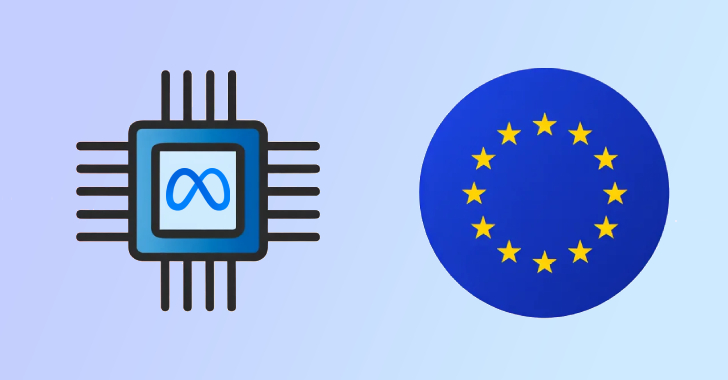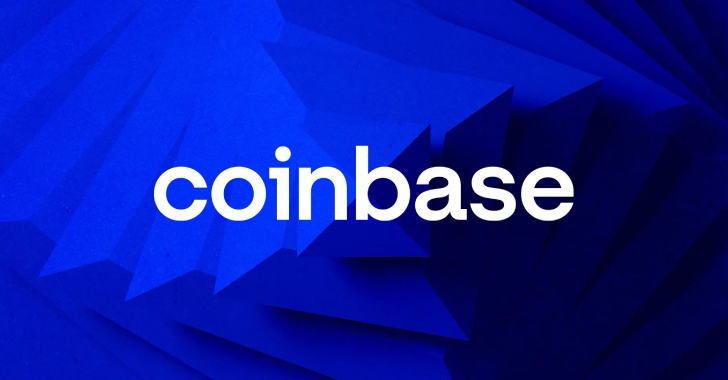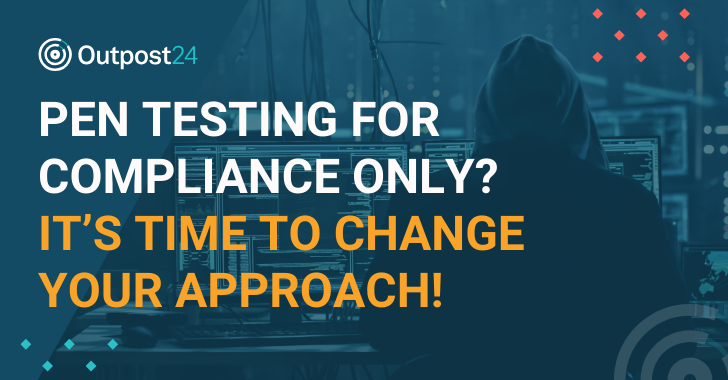
Frequently Asked Questions About SOC 2 Compliance
Navigating the world of information security can be complex. One term that has gained significant traction among businesses that handle customer data is SOC 2 compliance. This article demystifies SOC 2 by answering the most common questions on the topic.
- What is SOC 2 Compliance?
SOC 2, or System and Organization Controls 2, is a framework created by the American Institute of Certified Public Accountants (AICPA). It’s designed to ensure that companies manage customer data in a secure, reliable way. Unlike its predecessor, SOC 1, which focuses on financial reporting controls, SOC 2 zeroes in on non-financial controls relevant to the security, availability, processing integrity, confidentiality, and privacy of data.
- Why is SOC 2 Important?
With cyber threats becoming increasingly sophisticated, it’s more important than ever for companies to show that they have robust controls in place to protect customer data. Achieving SOC 2 compliance indicates that a company is committed to ensuring the security and privacy of its client’s data. It can also be a competitive advantage, instilling confidence in potential clients or partners.
- Who Needs SOC 2 Compliance?
While any company can opt for SOC 2 compliance, it’s particularly relevant for businesses that provide cloud computing, data analytics, IT managed services, or any service where customer data is stored and processed. Clients and partners of such businesses often require SOC 2 compliance as proof that their data will be handled with care.
- What are the SOC 2 Trust Service Criteria?
The Trust Service Criteria are the core of SOC 2. They consist of five categories:
Security: Ensuring protection against unauthorized access.
Availability: Making certain that systems, products, and services are operational and available for use as committed or agreed.
Processing Integrity: Ensuring that systems processing is complete, accurate, timely, and authorized.
Confidentiality: Protecting information designated as confidential.
Privacy: Addressing the collection, use, retention, and disposal of personal information.
Organizations can opt to be evaluated against one or more of these criteria, depending on their operations and client demands.
- How Does the SOC 2 Audit Process Work?
The process typically involves:
- Selecting a service auditor: It’s crucial to choose a certified public accountant or a firm experienced in conducting SOC 2 audits.
- Readiness assessment: This is an initial review to identify gaps or weaknesses in the company’s controls.
- Remediation: Based on the findings of the readiness assessment, companies will need to make necessary changes.
- Type I or Type II Audit: A Type I audit assesses the design of controls at a specific point in time, while a Type II audit assesses the design and operational effectiveness of controls over a minimum six-month period.
- Receiving the SOC 2 report: Upon successful completion, the auditor provides a detailed report.
- How Often Should Companies Undergo SOC 2 Audits?
For companies already compliant, a yearly audit is typical to remain SOC 2 certified. However, major changes in systems or controls might necessitate more frequent evaluations.
- What’s the Difference Between SOC 2 and ISO 27001?
Both are standards for managing and securing customer data, but they differ in focus and geographic influence. ISO 27001 is an international standard detailing the requirements for an information security management system (ISMS), while SOC 2 is more US-centric and focuses on service organizations specifically. However, both are valuable and often complementary certifications for a business to hold.
- How Long Does it Take to Become SOC 2 Compliant?
The timeline can vary widely based on the maturity of a company’s current controls. For organizations starting from scratch, it can take anywhere from 6 to 12 months. Those with established, robust controls might only need a few months to fine-tune their systems and processes.
- Is SOC 2 Compliance a One-Time Achievement?
Definitely not. Compliance is an ongoing effort. As threats evolve and technologies change, controls need to be reassessed and updated. Hence, regular audits and a commitment to maintaining best practices are essential.
- How Much Does SOC 2 Compliance Cost?
Costs can vary based on the size and complexity of an organization, as well as the gaps identified during the readiness assessment. Generally, expenses can be categorized into two main areas: the cost of internal efforts (like staff time) and external costs (like hiring an auditor).
In conclusion, SOC 2 compliance is a crucial badge of trustworthiness in the business landscape. While achieving and maintaining compliance might seem daunting, the benefits far outweigh the challenges. Not only does it provide peace of mind to clients and partners, but it also establishes a culture of security and responsibility within the organization itself.
Contact Cyber Defense Advisors to learn more about our SOC 2 Compliance solutions.





